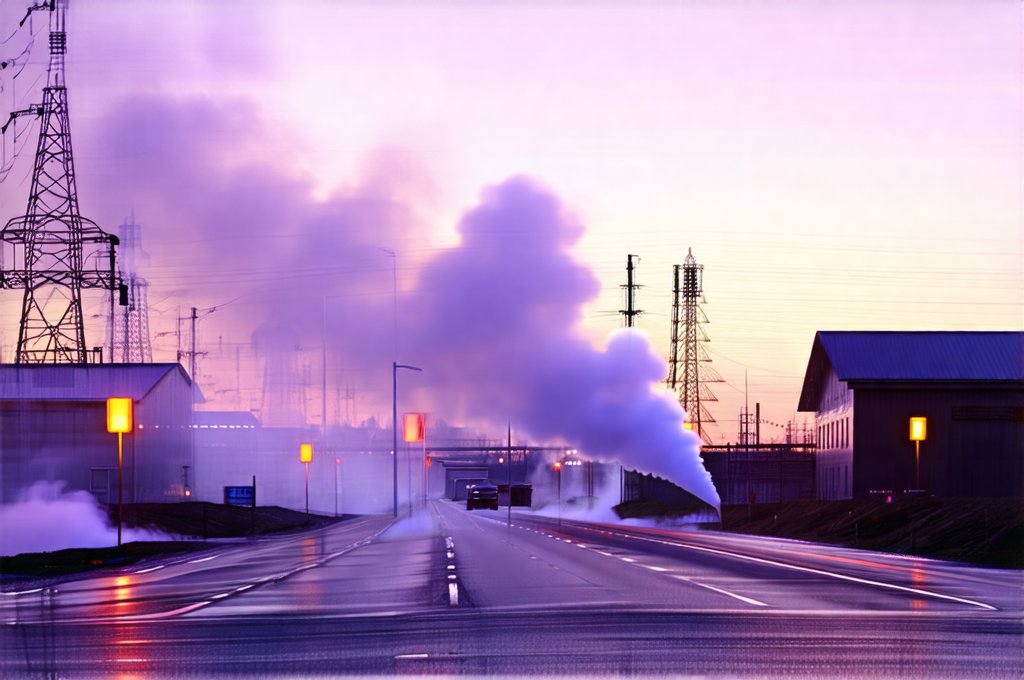Many people experience an increase in bloating, gas, and general digestive discomfort as the day progresses, particularly in the evening. It’s a common complaint, often leading to uncomfortable nights and disrupted sleep. This isn’t necessarily a sign of a serious underlying condition; rather, it frequently stems from a combination of normal physiological processes interwoven with daily habits that accumulate throughout the day. Understanding why this happens requires looking at how our digestive system works, what changes throughout the course of a typical day, and how lifestyle factors contribute to gas production. It’s about recognizing patterns and, if needed, making small adjustments to support optimal digestion.
The feeling of increased gas in the evening isn’t usually a sudden onset; it’s more often a gradual build-up. Think of your digestive system as a complex processing plant. Throughout the day, it’s consistently working to break down food, absorb nutrients, and eliminate waste. As we move from active daytime routines to more sedentary evening activities, several things change that can contribute to increased gas. These include shifts in posture, eating habits often becoming less structured, and a natural slowing of digestive processes as our bodies prepare for rest. This combination creates an environment where gas is more likely to accumulate and become noticeable.
Dietary Factors & Food Combinations
The foods we consume are undeniably the primary source of intestinal gas. Certain foods are inherently more gas-producing than others, but it’s not always about avoiding these entirely. It’s often about quantity and how they’re combined. Foods high in FODMAPs (Fermentable Oligosaccharides, Disaccharides, Monosaccharides, And Polyols) are frequently culprits. These sugars aren’t easily absorbed in the small intestine and instead ferment in the large intestine, producing gas as a byproduct. Common examples include:
- Beans and lentils
- Broccoli, cabbage, and cauliflower
- Apples, pears, and peaches
- Dairy products (for those lactose intolerant)
- Wheat and rye (for those with gluten sensitivity)
However, it’s not just what we eat but also how we combine foods. Eating large meals, particularly those containing a mix of complex carbohydrates and fats, can slow down digestion and allow more time for fermentation to occur. This is because the stomach needs to work harder to break down these combinations, potentially leading to undigested food reaching the colon where bacteria feast on it – creating gas. Furthermore, quickly consuming foods without adequate chewing contributes to incomplete digestion, exacerbating the problem.
The timing of meals also plays a role. Eating larger portions or heavier meals closer to bedtime can disrupt sleep and increase digestive discomfort. This is why sitting in a reclined position is bad after meals, as it doesn’t allow gravity to assist with digestion, potentially causing food to linger longer in the stomach and intestines. A well-balanced diet coupled with mindful eating habits are key to minimizing gas production. It’s about finding a sustainable approach that allows you to enjoy your meals without compromising digestive comfort. You might even find are food reactions worse in the evening?
Posture & Physical Activity
Our body’s position significantly affects digestion. Throughout the day, movement – walking, standing, even shifting positions – encourages peristalsis, the wave-like muscle contractions that move food through the digestive tract. As we transition into evening and become more sedentary (sitting on the couch, watching TV), this natural motility decreases. When you’re upright and active, gravity helps to keep things moving along. But when you’re slumped over or lying down, digestion slows considerably, allowing gas to build up.
This is why even a short walk after dinner can be incredibly beneficial. It doesn’t need to be strenuous; just getting the body in motion stimulates digestive processes and reduces bloating. Regular physical activity throughout the day also strengthens abdominal muscles which support healthy bowel function. The role of physical activity can significantly impact digestion, while prolonged sitting or slouching compresses the abdomen, hindering digestion and potentially trapping gas. Prioritizing movement throughout the day, even small amounts, can make a substantial difference.
Stress & The Gut-Brain Connection
The connection between our brain and gut is profound – often referred to as as the gut-brain axis. Stress, anxiety, and other emotional states directly impact digestive function. When we’re stressed, our bodies release cortisol, a hormone that can disrupt digestion in several ways. It slows down gastric emptying (the rate at which food leaves the stomach), alters intestinal motility, and even impacts the balance of gut bacteria.
This disruption leads to increased fermentation and gas production. Many people unconsciously swallow more air when stressed or anxious – a behavior known as aerophagia. This excess air contributes directly to bloating and discomfort. Furthermore, stress can exacerbate symptoms of irritable bowel syndrome (IBS), a condition characterized by digestive upset including excessive gas. Why gut trouble is often worse in quiet moments highlights how mental state affects digestion, and managing stress through techniques like deep breathing exercises, meditation, yoga, or simply taking time for relaxation is crucial for optimal digestion.
Identifying & Addressing Food Intolerances
While many experience evening gas due to lifestyle and dietary factors, underlying food intolerances can also play a significant role. A food intolerance differs from a food allergy – it doesn’t involve the immune system but rather reflects difficulty digesting certain foods. Common culprits include lactose (in dairy), gluten (in wheat, barley, and rye), fructose (in fruits and honey), and histamine (in fermented foods).
Identifying these intolerances can be challenging as symptoms often develop gradually and are nonspecific. A process of elimination – carefully removing suspected foods from your diet for a period of time and then reintroducing them one at a time while monitoring for symptoms – can be helpful. This is best done under the guidance of a healthcare professional or registered dietitian. It’s important to note that self-diagnosing and restricting food groups unnecessarily can lead to nutritional deficiencies, so professional guidance is essential. The role of digestive enzymes can be helpful in these scenarios, while also considering that acid reflux can be worse at certain times of day.
It’s important to remember that digestive health is highly individual. What causes gas in one person may not affect another. Paying attention to your body’s signals – what you eat, how you feel afterward, and any patterns you notice – is the first step towards understanding and managing evening gas build-up. Small changes can often yield significant results, leading to greater comfort and improved well-being.


















